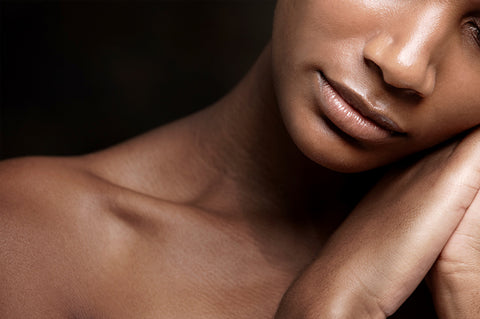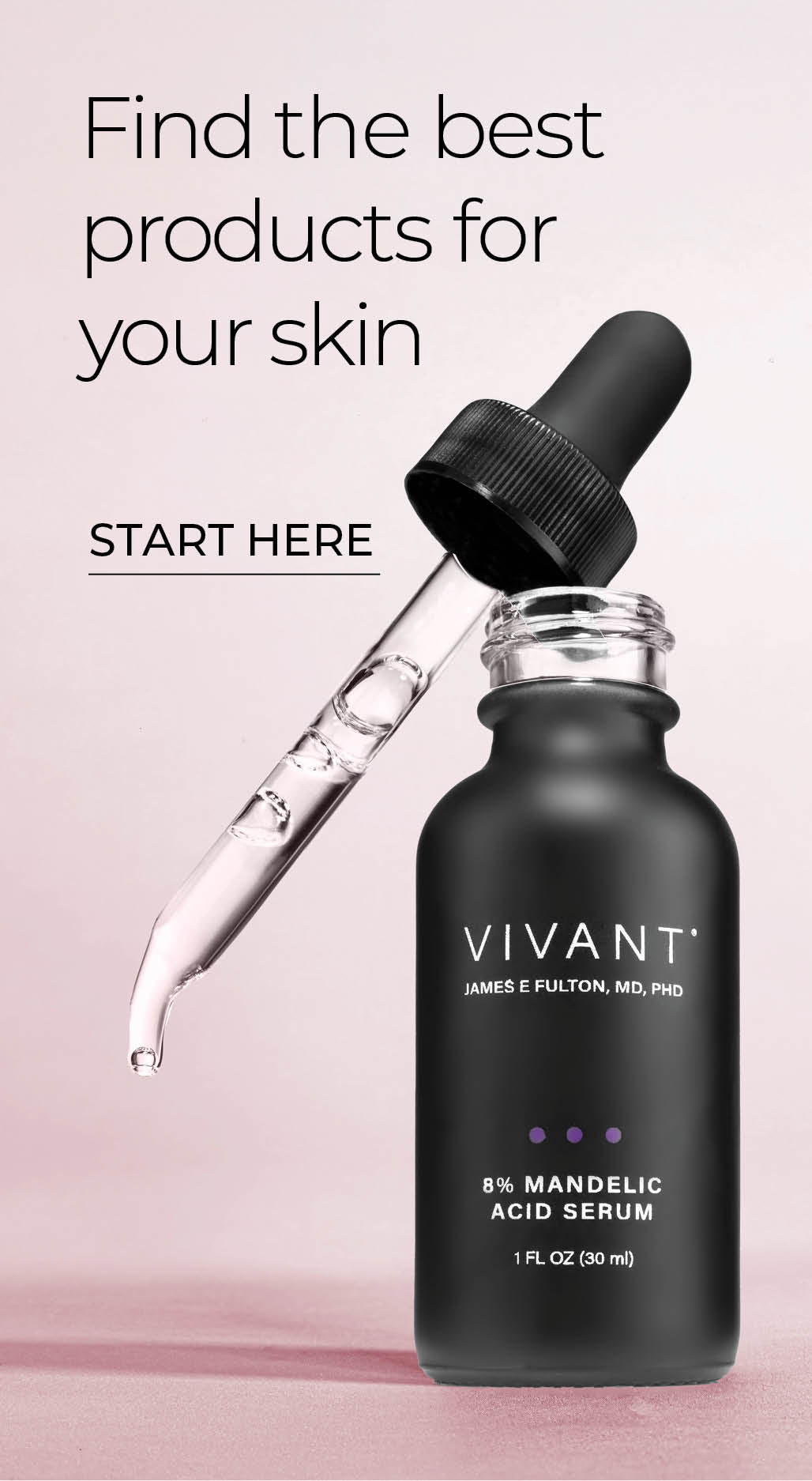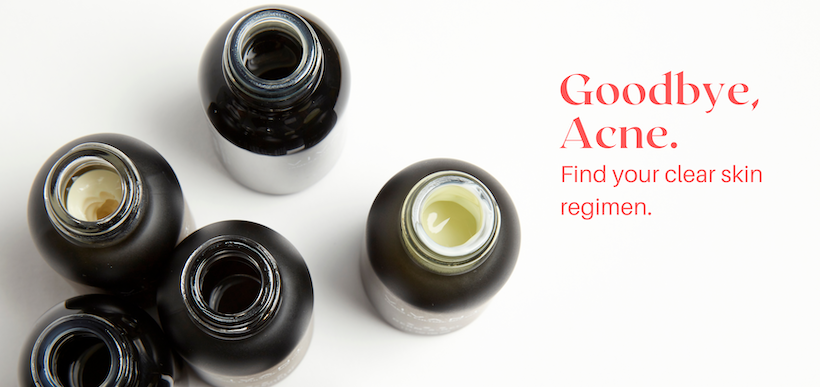Black Beauty: The Best Defense Against Hyperpigmentation

When it comes to aging, black skin has some serious advantages thanks to increased melanin—fewer wrinkles, fine lines and age spots. But an overproduction of melanin can lead to hyperpigmentation, an issue that’s far more prevalent in darker skin tones and one where, frequently, the cure can be a cause.
Why is black skin more prone to hyperpigmentation?
The outer layer, stratum corneum, of black skin has more layers to it than Caucasian skin, about 20 layers to 16. The extra layers don’t add up to thicker skin, but rather more compact skin with greater cohesive properties. Imagine less space between the layers, like putting on 20 spandex workout shirts as opposed to 16 loose cotton layers. Again, great in terms of firmness and elasticity, not great when skin has an inflammatory response to injury or irritation that triggers melanin production. This is known as post-inflammatory hyperpigmentation (PIH), and can be the result of anything from a reaction to a cosmetic procedure (microdermabrasion, lasers, peels) to acne, or even a cut.
The cells delivering melanin are larger and more evenly distributed in black skin. They also have longer dendrites, the branching structure that reaches out from the cell looking for the electric stimulus that will send it into production. When the stimulus occurs (sun, acne, injury, etc.), pigment production takes off in a chain reaction and those tighter layers of skin help it reach farther and wider.
And because black skin seems to have greater transepidermal water loss (TEWL), the skin’s ability to protect itself against irritation is reduced. That’s why things like harsh topical treatments or chemical peels can be especially troublesome for black skin.
What Can You Do About It?
Chemical peels, lasers, microdermabrasions may seem to offer a quick fix, but are generally too irritating and risk exacerbating your problem. Topical treatments and prevention are the safest course, though they do require a little more patience.
Have a look around the web and you are going to see many recommendations for hydroquinone. Stop. Hydroquinone alone could be a mistake. Circle back to that bit about barrier function and sensitivity to topical irritants. While hydroquinone is widely considered an effective agent for lightening darks spots, it can be very irritating to dark skin and can trigger an inflammatory response (PIH) to make your problem worse. Hydroquinone in combination with Kojic Acid is a better solution.
A great alternative is mandelic acid, which is a multi-functioning AHA (alpha-hydroxy acid) derived from almonds. Because of its larger carbon chain, it’s absorbed more slowly into the skin and doesn’t provoke a reaction the way other AHAs can. It has a micro-exfoliating effect, important for removing the dead skin cells and encouraging production of new healthier cells. It’s also a natural brightener so it will work to fade excess pigmentation. Mandelic acid has been shown to be highly effective and safe for black skin.
If you have acne, keep in mind that typical acne treatments like benzoyl peroxide, salicylic acid and glycolic acids can be overly drying or irritating and are potential triggers for PIH.
Wear sunscreen to avoid stimulating melanin production and to protect your skin from UV damage. Yes, black skin tans and is susceptible to sun damage and skin cancer.
A consistent, healthy skin care regimen is essential to correct and prevent hyperpigmentation. Look for products with mandelic acid, green tea extract, vitamin C and E, lactic acid and niacinamide.
Our recommendations for keeping black skin beautiful:
Mandelic Acid 3-in1 Exfoliating Cleanser is a gentle, mildly exfoliating, brightening wash ideal for dark skin and a Dermascope Magazine Aestheticians’ Choice Award Winner.
9% Mandelic Acid 3-in-1 Toner is an advanced clarifying solution that removes impurities, refines pores, kills acne bacteria and relieves signs of hyperpigmentation.
8% Mandelic Acid 3-in-1 Serum is an alcohol-free rejuvenating and brightening serum that targets acne, aging and discoloration without irritation.
Totaloe™ Calming and Hydrating Gel with aloe, niacinamide, algae and green tea extracts to help skin repair and replenish, while strengthening skin’s natural barrier function.


Comments